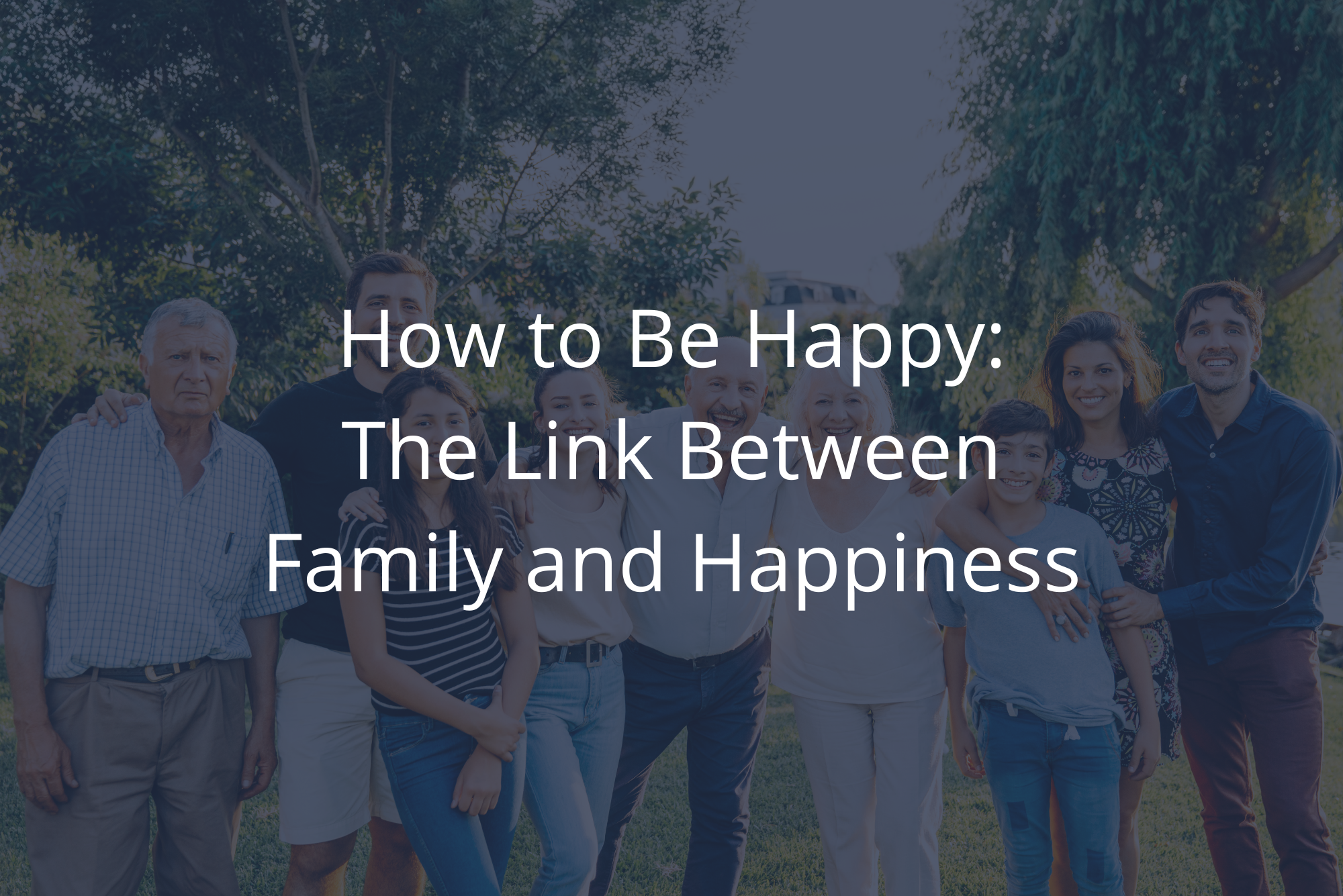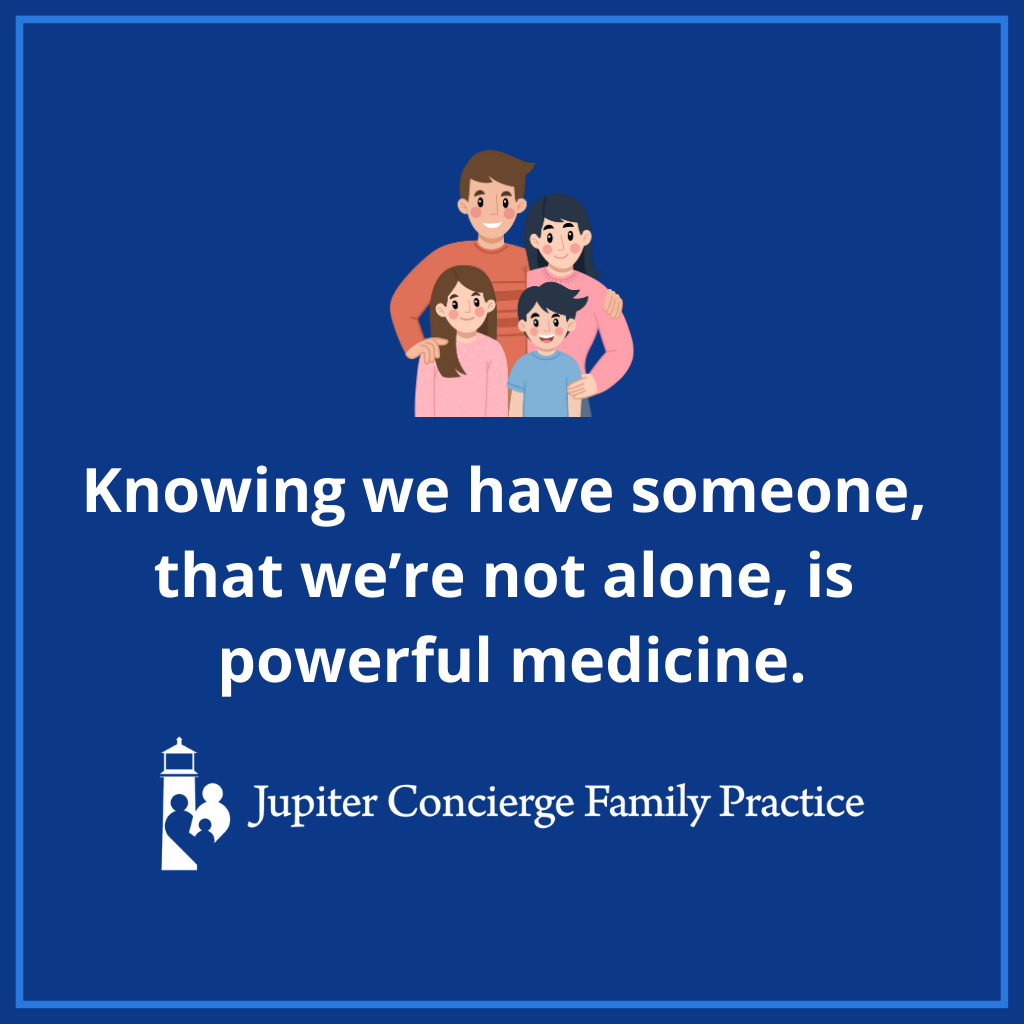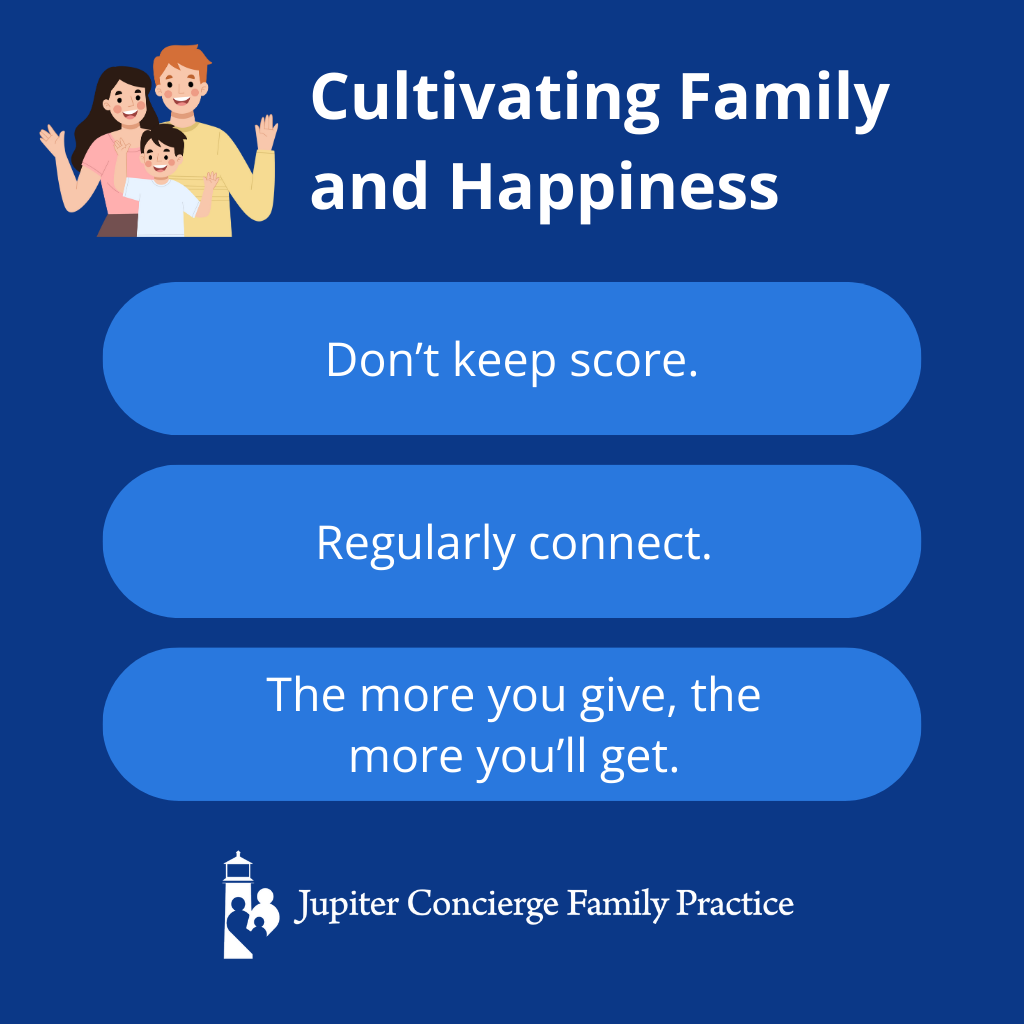
One of the most critical influences on health is happiness. But how do we achieve that? In my experience, happiness in life is a side effect of purpose.
In other words, happiness isn’t something we can simply hope for. When we live with purpose (and on purpose), we take an active part in imbuing our lives with happiness.
Here’s a tiny, concrete example. It’s been scientifically shown that if you force yourself to smile in front of a mirror, you start feeling happier. It’s a small but mighty example of emotion following action.
Taking action can remove hopelessness. With hopelessness gone, stress is removed. With less stress, hopefulness can grow. You look forward to something, and it just perpetuates itself.
In another article I wrote about happiness, I detail seven elements of a tool called “The Wheel of Life” that comprise a well-rounded, happy state:
- Personal growth
- Spirituality
- Health
- Family
- Social
- Career
- Finances
Taking positive action in any one of these areas improves your overall happiness. In this post, we’ll dig deeper into the relationship between family and happiness.

Family and Happiness
First, we must ask ourselves: What is family? The most obvious answer is that a family is composed of people to whom we’re biologically or legally related. But family is, and can be, more than that. Anyone we bring into our inner circle and treat like family can become our family.
Family factors into happiness in myriad ways. Within our families, we create fun, enjoyable times. Through sharing common, everyday things, we feel part of something bigger.
This leads to less isolation. Instead of ruminating on our own difficulties, family connections remind us we’re not alone.
In challenging times — whether in our own lives or on the global stage — when we share each other’s company, we just feel better. Knowing we have someone and that we’re not alone is powerful medicine.
And just as this works for sad occasions like funerals or tragedies, it also works for happy occasions like birthdays or graduations. The milestones of life — be they happy or sad — are best borne and integrated when we experience them with each other.
What’s more, family can impact more than just our internal feelings. I like the imagery used in Napoleon Hill’s “Outwitting the Devil”: every person has an angel on one shoulder and a devil on the other. They’re both full of suggestions and ideas. They both offer choices.
We’re more likely to make better, healthier choices when we’re not alone too much. It’s much easier to see the sense of the angel and recognize the negativity of the devil when you spend ample time with supportive people.
Family also helps ground us in traditions. There’s comfort in carrying things on from generation to generation. Whether it’s a certain birthday cake, an annual holiday outing, or a game you play together, traditions provide a way for generations to bond with each other.
The bottom line: being with people to whom we’re intimately related has its own kind of synergy, perpetuating a happier life among all participants.
Family vs. Community
Extolling the virtues of a family may make us think of community. What’s the difference between the two? Both provide belonging and support, but a family bond goes deeper. Though we may take the biological or legal bond of the family for granted, its distinctions are worth noting.
Family carries with it a higher sense of responsibility than community does. We feel a duty to teach our children, to respect the wisdom of our elders, and to connect those generations.
Family relationships give us a sense of being whole. Our culture dictates that we have certain “personal time” that we can only spend with this group of people. Nothing replaces it.
In a community, on the other hand, when you don’t identify with a group’s ethos, standards, or ideals, you move on to another group (by choice or by necessity). But it’s different with family. Something more fundamental binds you than beliefs or positions. In a certain sense, you’re stuck with them — so you might want to choose to make the best of it.

Cultivating Family and Happiness
There are three simple steps you can take to cultivate family relationships that sustain and support you.
- Don’t keep score. Your family members don’t have to be your best friends, but they are your family. If your brother or sister hasn’t called you in a while, call them anyway. Family relationships are not 50/50. They’re 100/0. Families become estranged by keeping score. Find joy in giving and expect nothing in return.
- Regularly connect. Decide how often you want to check in with your family members, and then do it! It could be a weekly phone call or a monthly check-in; the schedule is up to you.
- The more you give, the more you’ll get. I’m not the first to say that what goes around comes around, often in ways you can’t foresee or imagine. There are so many ways to experience this phenomenon, including a book I recommend: “The Go-Giver” by Bob Burg.
Chosen Family
Sometimes it isn’t possible or healthy to mend and maintain family relationships. If you come from an abusive family situation, for example, it may be best to walk away from family ties. But that doesn’t mean you must deprive yourself of the benefits of family.
If you can’t have a healthy relationship with your given family, then you can find a chosen family. If there are people in your life that matter to you, be a “family member” to them. Be a mentor, a brother, or a sister. Act as family would to them, and the relationship will expand.
Family and Happiness: Conclusion
There are many components to human happiness, and family ties are an important aspect. Families can give us deep connections, and they can help us when we feel unmoored.
By not keeping score, regularly reaching out, and giving generously, we can cultivate deep family connections. If the people we call our family aren’t, in fact, biologically related to us, that doesn’t matter. What matters is the care we offer them and, by extension, ourselves.

Dr. David Rosenberg
Dr. Rosenberg is a board-certified Family Physician who obtained a BS in Chemistry at Georgia's Mercer University in 1983 and a medical degree from the University of Miami in 1988. He completed his residency in Family Medicine at The Washington Hospital in Washington, Pennsylvania, in 1991 and then practiced Emergency Medicine at Palm Beach Gardens Medical Center for two years. In 1993 he started private practice in Jupiter.
Dr. Rosenberg has been married to his wife Mary for 38 years and they have three grown children together. Some of his interests include being a huge baseball fan, sailing, snow skiing, self-development, and learning to play piano.
